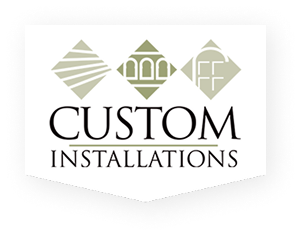Most of the wood used in cedar roofing is Western Red Cedar and comes from the cedar trees in British Columbia. And just like the wood used in making floors, furniture, and any number of other products, the quality of the wood determines how long your roof will hold up to the elements and reach its expected life cycle. The quality of edge grain in the wood, the butt thickness and the presence/absence of knots in the wood will determine it’s overall stability to be able to shed water without warping, curling, cracking, and splitting over an extended period of time.
As with a lot of industries and product lines, there are manufacturers, in this case – the cedar mills, who have lower grading standards and produce wood with lower percentages of edge grain, a higher percentage of knots and holes, and the bare minimums in thickness. The difference in using the best cedar and the worst cedar can mean a difference in a decade or more in the life expectancy of your roof.
So how do you know you are getting the best cedar for your roof?
It’s a great question and a difficult one to answer. Most contractors buy from a local roofing supply house who buys from a number of Canadian mills who have different standards. Some suppliers and mills insist on using nothing but the very best and there are others who are driven solely on price. On any given day a Chicago area roofing contractor can call a dozen local roof suppliers and get quotes that vary by 20-30%.
The Cedar Bureau
One way to insure you are getting a high grade of wood is to buy wood that is certified by the Cedar Bureau. As a non profit organization, the Cedar Bureau was established to protect the cedar roofing industry by setting the standards as to what is acceptable and not acceptable to install on a roof. Their grading rules (on edge grain, thickness, knots, etc.) are supposed to be the standard and have been adopted by the The Uniform Building Codes 15-3 which are used by most of our local municipalities. In order to adhere to the current standards the mills are required to produce the wood using standarized equipment & techniques, and using a high quality wood the ultimately produces more waste. The result is an additional cost on every bundle of shingles that are certified. And unfortunately, the vast majority of the cedar mills are NOT members of the Cedar Bureau and do not mill and sell cedar that adheres to the Bureau’s standards. Insisting on wood that has been certified is one way to ensure that you are getting a good product.
Buyer Beware
It used to be that a Certi-Label on each bundle was all that was needed to ensure you were getting certified wood. Unfortunately, there are unscrupulous mills that are calling their wood “Blue Label” cedar while trying to pass it off as Cedar Bureau certified wood. The best way to make sure you get the certified cedar is to get it in writing in your roofing contract and then double check the listing of members on their website.
